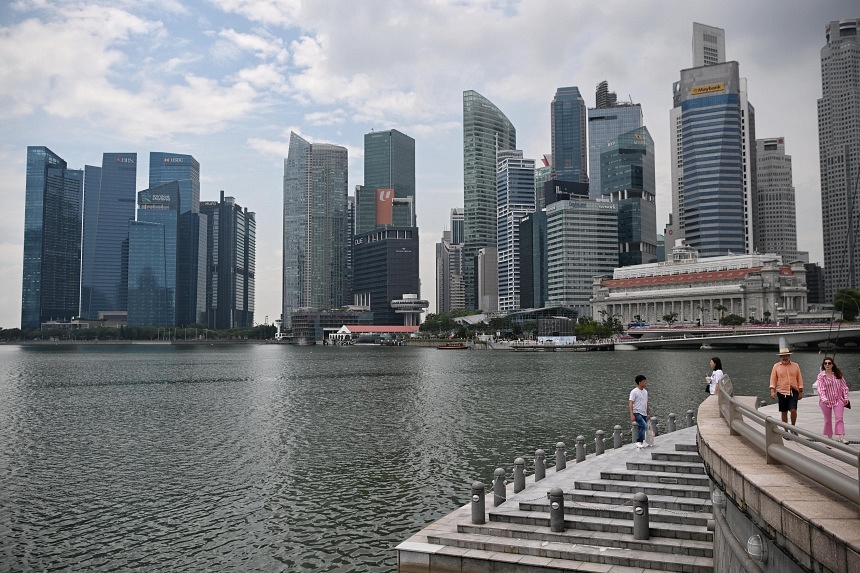PARLIAMENTSingapore Parliament approves raise in issuance limits for securities and T-bills to S$1.5 trillion
Following the passing of a motion in Parliament on Tuesday (12 November), the government can raise additional funds through government securities and Treasury bills (T-bills).
The increase of S$450 billion brings the new limit to S$1.515 trillion until 2029. WP MP Jamus Lim raised concerns, questioning the fiscal impact of higher interest repayments and whether the debt issuance has provided usable funds for businesses.
Published 11 hours ago on 12 November 2024 By The Online Citizen
SINGAPORE: Following the passing of a motion in Parliament on Tuesday (12 November), the government will be able to raise additional funds through government securities and Treasury bills (T-bills).
The Parliament approved an increase of S$450 billion (US$337 billion), raising the new issuance limit for these securities to S$1.515 trillion.
This cap is expected to remain in place until 2029.
Over 60 per cent of the increase will come from the issuance of Special Singapore Government Securities (SSGS), which are government bonds issued to the Central Provident Fund (CPF) Board.
CPF funds are invested in these special securities, which are fully guaranteed by the government and offer a coupon rate tied to the interest rates CPF members receive.
The Ministry of Finance (MOF) stated that this move ensures the CPF Board can meet its obligations to members.
Following the passing of a motion in Parliament on Tuesday (12 November), the government can raise additional funds through government securities and Treasury bills (T-bills).
The increase of S$450 billion brings the new limit to S$1.515 trillion until 2029. WP MP Jamus Lim raised concerns, questioning the fiscal impact of higher interest repayments and whether the debt issuance has provided usable funds for businesses.
Published 11 hours ago on 12 November 2024 By The Online Citizen
SINGAPORE: Following the passing of a motion in Parliament on Tuesday (12 November), the government will be able to raise additional funds through government securities and Treasury bills (T-bills).
The Parliament approved an increase of S$450 billion (US$337 billion), raising the new issuance limit for these securities to S$1.515 trillion.
This cap is expected to remain in place until 2029.
Over 60 per cent of the increase will come from the issuance of Special Singapore Government Securities (SSGS), which are government bonds issued to the Central Provident Fund (CPF) Board.
CPF funds are invested in these special securities, which are fully guaranteed by the government and offer a coupon rate tied to the interest rates CPF members receive.
The Ministry of Finance (MOF) stated that this move ensures the CPF Board can meet its obligations to members.
Last edited:


